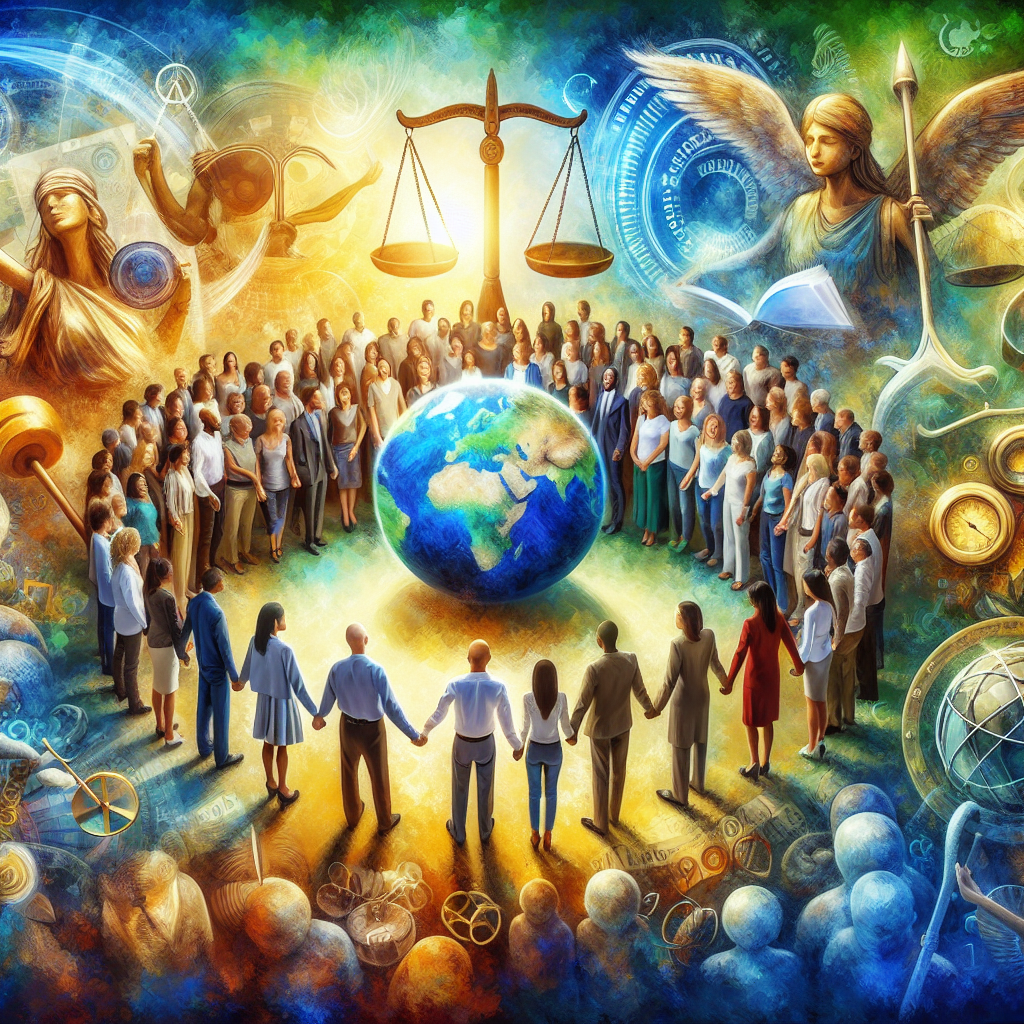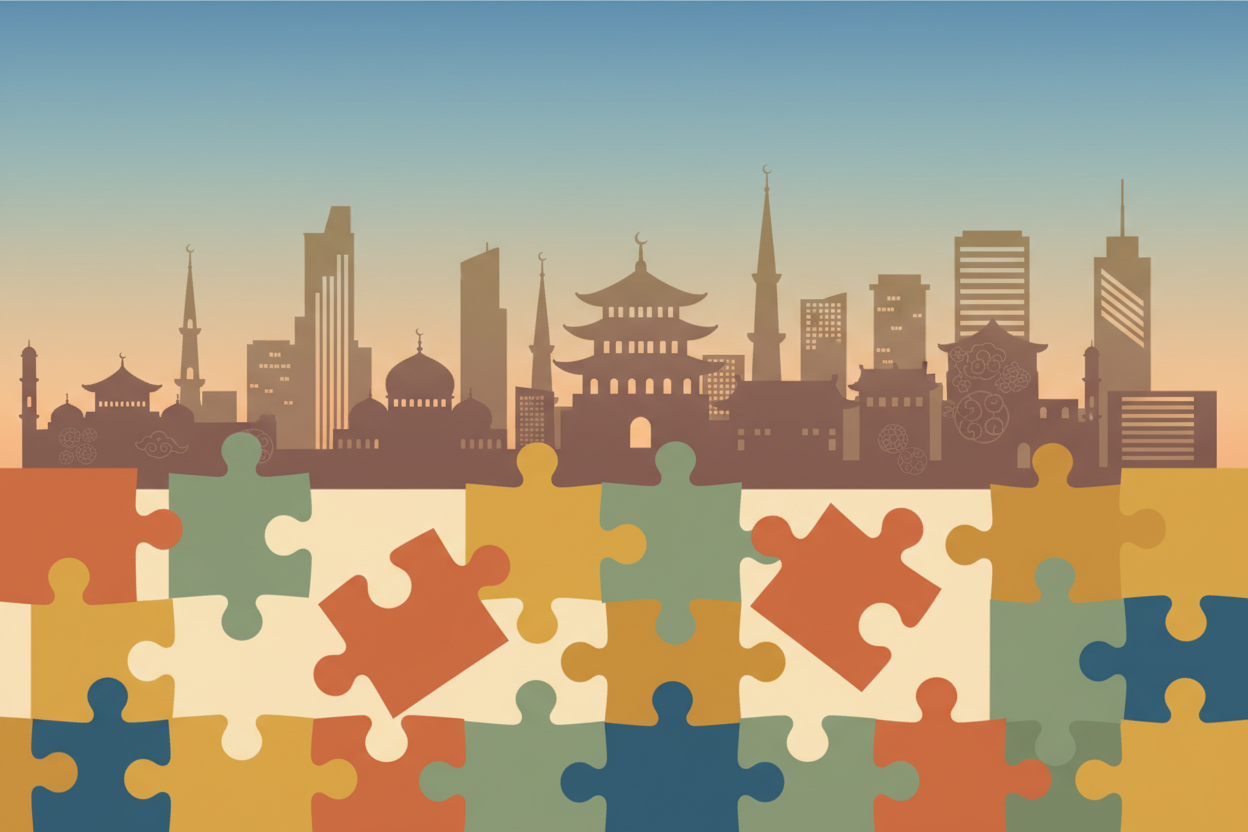The Liberal Movement: Achievements and Challenges
The liberal movement has long been a pivotal force in shaping political and social landscapes across the globe. From advocating for individual freedoms to championing social justice, liberalism has made significant strides throughout history. However, it also faces a myriad of challenges in today’s rapidly evolving world. In this blog post, we’ll explore the major achievements of the liberal movement, along with the hurdles it encounters in the current political climate.
Achievements of the Liberal Movement
1. Advancements in Human Rights
One of the most notable achievements of the liberal movement is its commitment to human rights. Over the decades, liberals have been at the forefront of campaigns for civil rights, gender equality, and freedom of expression. Thanks to their efforts, many countries have seen the implementation of critical laws supporting equal rights, thereby improving the quality of life for countless individuals.
The Universal Declaration of Human Rights, adopted by the United Nations in 1948, stands as a testament to liberal ideals. It has served as a guiding framework for nations to formulate policies that protect and promote the inherent dignity of every human being.

2. Economic Reforms and Social Welfare
Liberal policies have often focused on creating balanced economic systems that promote both individual entrepreneurship and collective welfare. The introduction of social welfare programs, such as health care and unemployment benefits, has been instrumental in reducing poverty and providing a safety net for the vulnerable sections of society.

Furthermore, liberal economic reforms have led to the deregulation of industries, fostering innovation and competition. This has not only driven economic growth but also expanded opportunities for people to achieve economic prosperity.
3. Environmental Awareness and Action
Liberals have played a critical role in raising awareness about environmental issues and advocating for sustainable practices. From the Kyoto Protocol to the Paris Agreement, liberal governments have been instrumental in pushing for global commitments to combat climate change.
The emphasis on green energy and conservation efforts reflects a broader liberal agenda to safeguard the planet for future generations. These initiatives have spurred technological advancements in renewable energy, leading to a gradual shift away from fossil fuels.
Challenges Facing the Liberal Movement
1. Rising Populism and Nationalism
In recent years, the liberal movement has faced significant challenges from the rise of populism and nationalism. These ideologies often emphasize identity politics and protectionism, which can undermine liberal values of inclusivity and global cooperation.
Populist leaders have gained traction by appealing to public discontent and skepticism towards traditional political institutions, posing a direct threat to liberal democracies. The challenge for liberals lies in addressing the root causes of this discontent and reinforcing the benefits of liberal policies.
2. Economic Inequality
While liberal policies have promoted economic growth, they have also been criticized for contributing to widening economic inequality. The concentration of wealth in the hands of a few has sparked debates about the effectiveness of free-market policies in ensuring equitable wealth distribution.
Liberals must grapple with finding solutions that balance economic freedom with social justice, ensuring that prosperity is shared more broadly across society.
3. Technological Disruption
The rapid pace of technological advancement presents both opportunities and challenges for the liberal movement. While technology has the potential to drive progress, it also raises concerns about privacy, surveillance, and the future of work.
Liberals must navigate these complex issues by advocating for policies that protect individual rights while fostering innovation. Ensuring that technological benefits are accessible to all will be crucial in maintaining public trust in liberal ideals.
Conclusion
The liberal movement has made remarkable progress in advancing human rights, economic reforms, and environmental sustainability. However, it faces significant challenges in the form of rising populism, economic inequality, and technological disruption. By addressing these issues head-on and adapting to the changing global landscape, the liberal movement can continue to play a vital role in shaping a more equitable and sustainable future.
FAQs
What are the core principles of the liberal movement?
The core principles of the liberal movement include individual freedoms, equality, democracy, and the rule of law. Liberals advocate for social justice, human rights, and economic reforms that promote both individual and collective well-being.
How has the liberal movement impacted environmental policies?
The liberal movement has been instrumental in promoting environmental awareness and action. Liberal governments have championed international agreements like the Paris Agreement and have pushed for policies that encourage sustainability and the use of renewable energy sources.
What are the main challenges the liberal movement faces today?
Today, the liberal movement faces challenges from rising populism and nationalism, economic inequality, and technological disruption. These issues require thoughtful solutions that uphold liberal values while addressing the concerns of a rapidly changing world.






Leave a Reply
You must be logged in to post a comment.